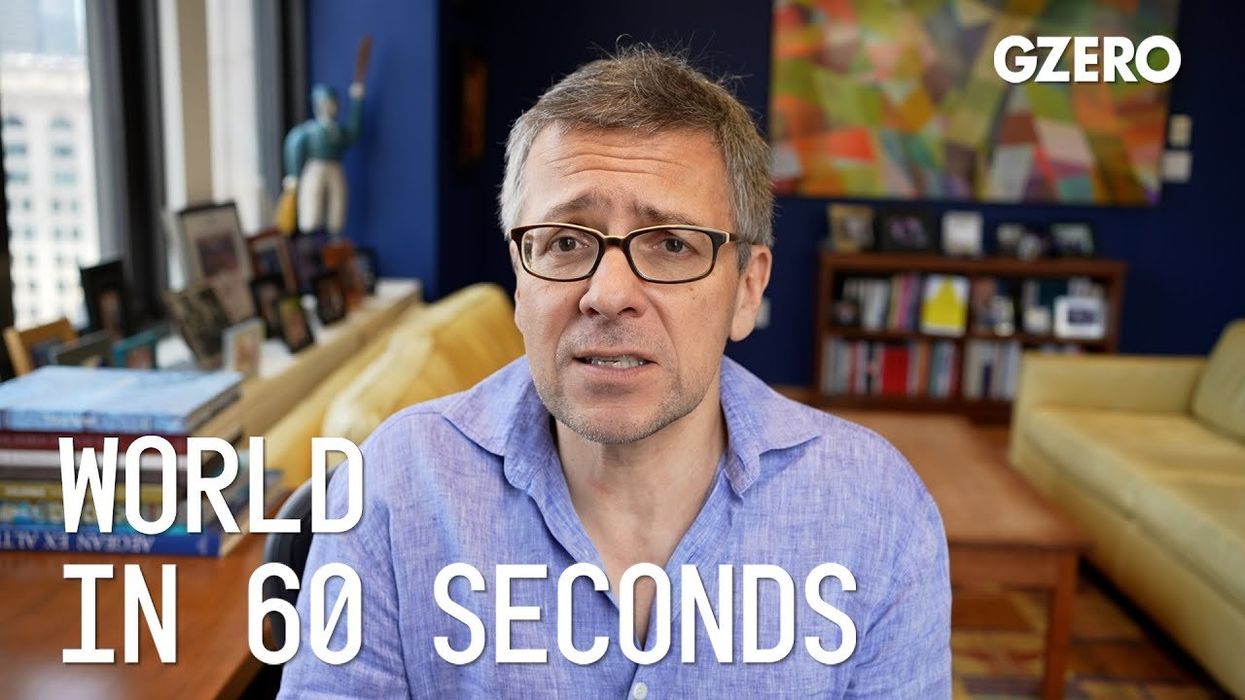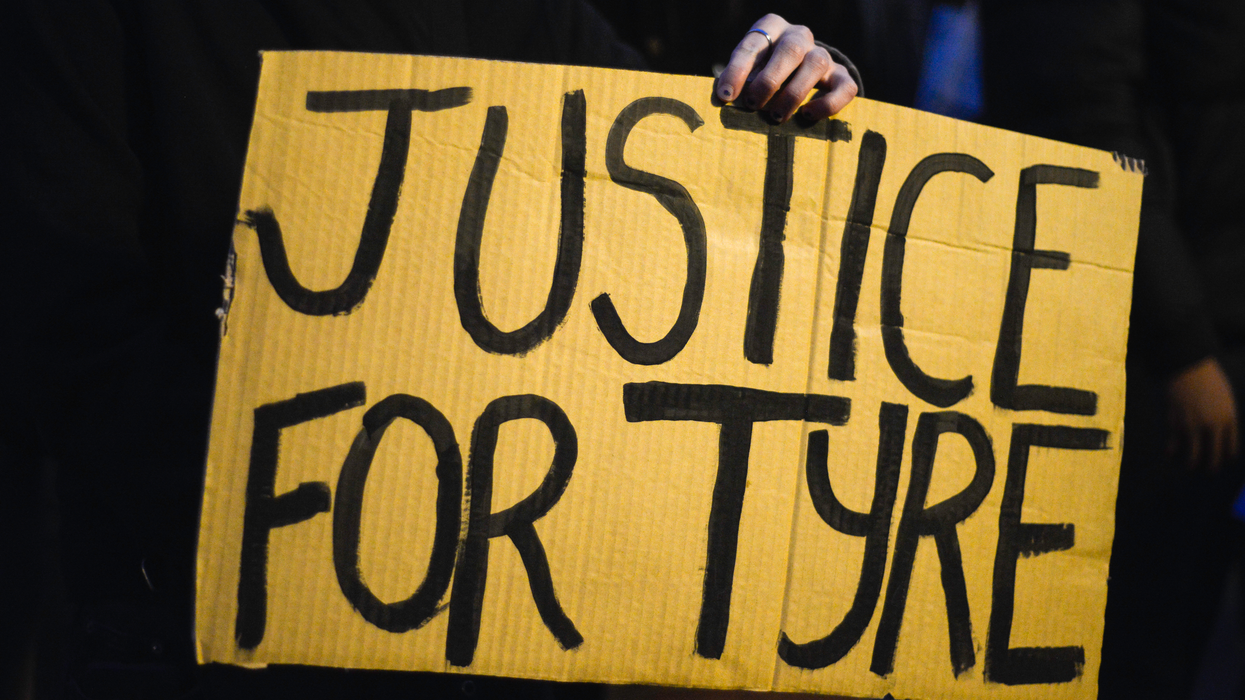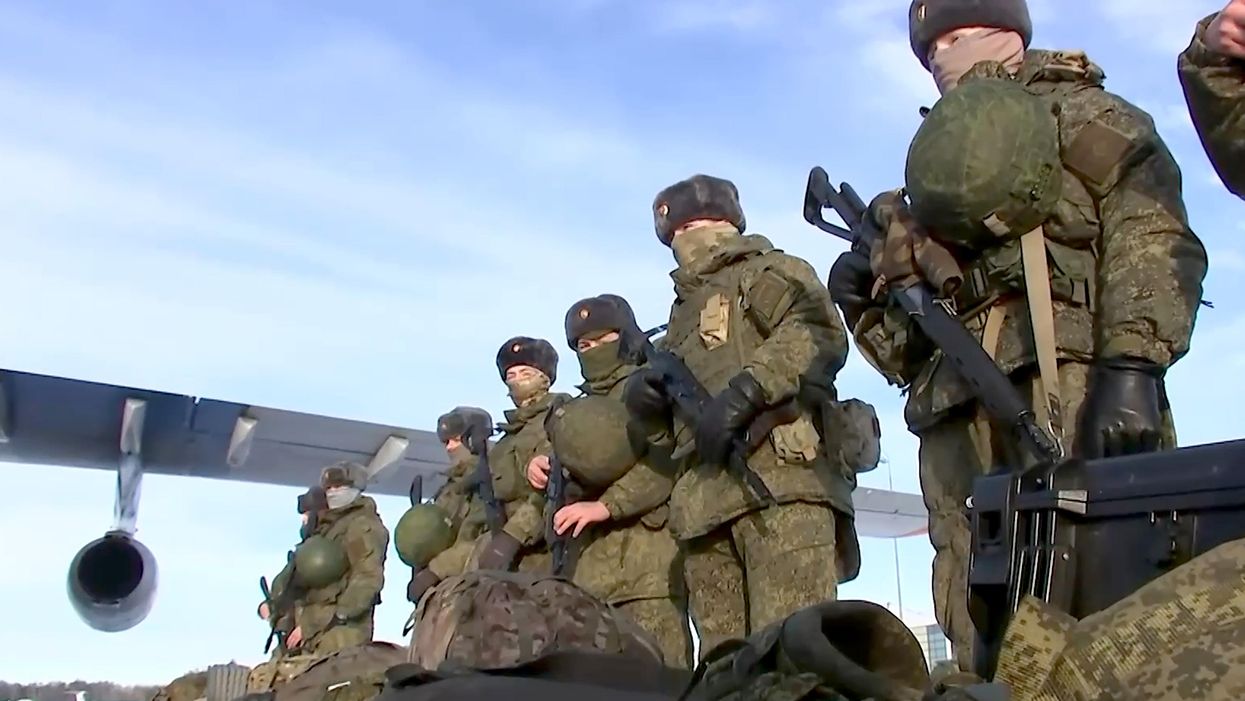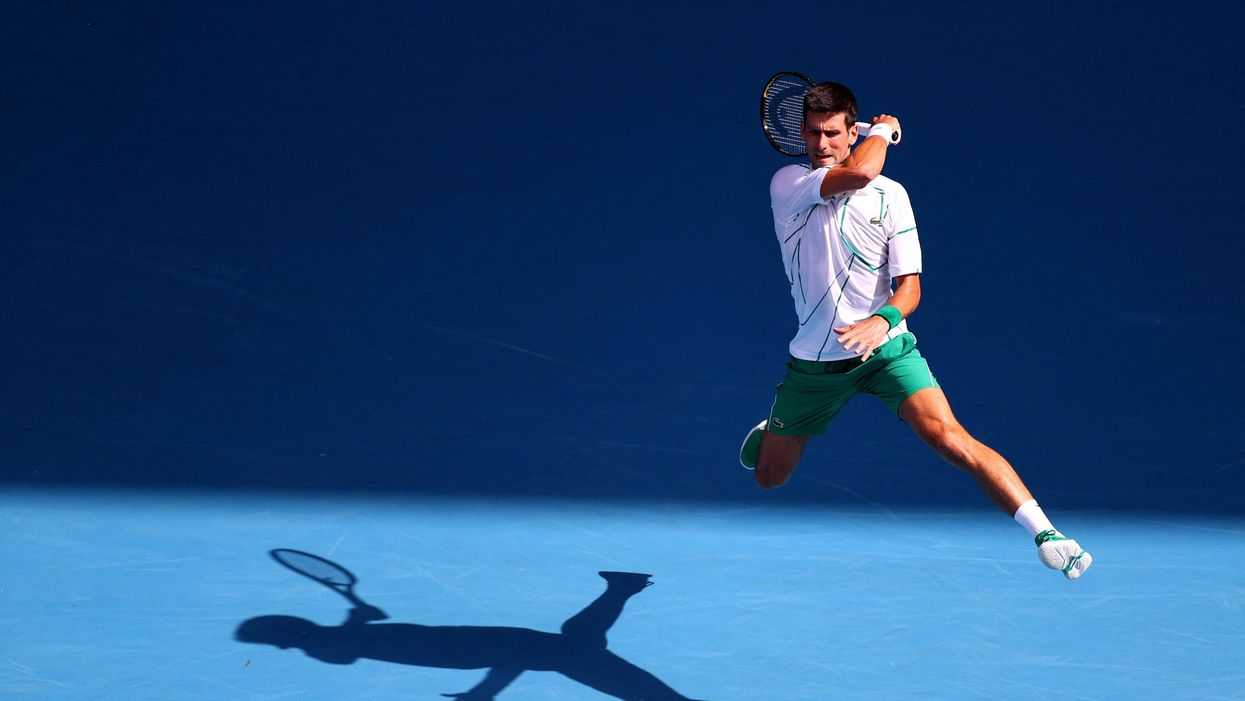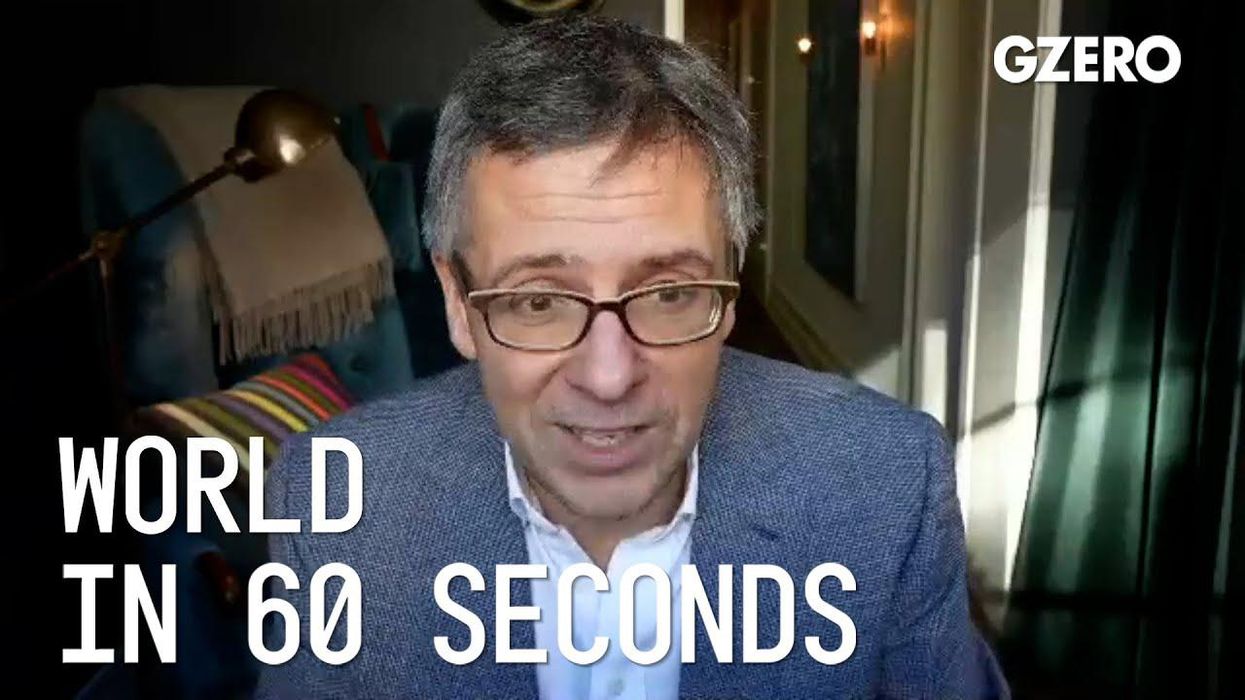ask ian
Russian tactical nukes in Belarus avoids direct escalation
Trump arraigned, again. What's next? Why is Russia planting tactical nukes in Belarus? Is Serbia taking over sports? Ian Bremmer shares his insights on global politics this week on World In :60.
Jun 13, 2023
